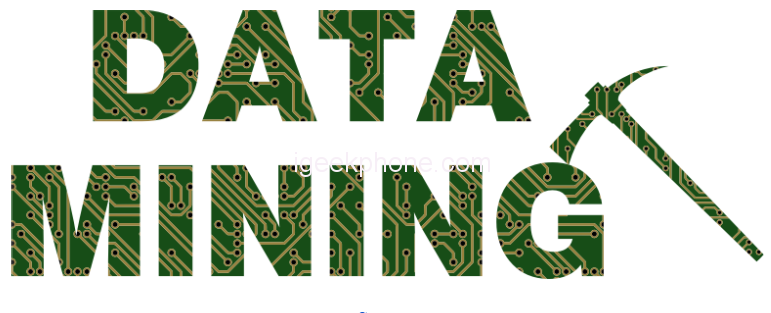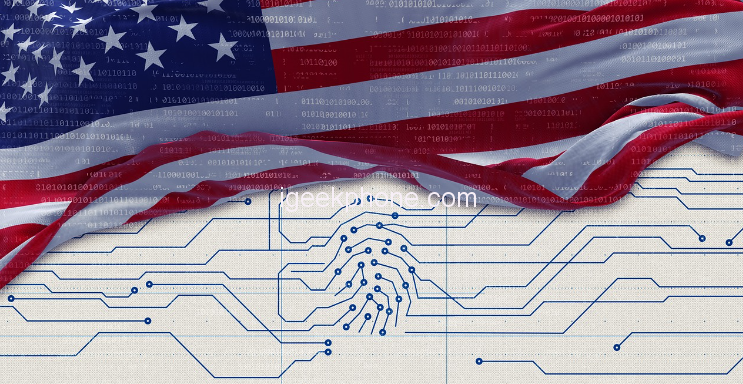Online information extraction may significantly improve your corporate income. For example, businesses worldwide frequently use web scraping to perform marketing analysis. And according to FinancesOnline.Com, about 63% of companies globally improved their productivity, as well as effectiveness, by employing analytical data. Furthermore, 48% of enterprises got competitive advantages. Finally, 57% of companies enhanced their decision-making processes using analytics based on scraped info.

Despite the numerous benefits of online information extraction and its prevalence in the business sector, some entrepreneurs doubt the legitimacy of such services. That’s mostly due to many suspicious myths about the mentioned operation. Such misconceptions are typically launched by people who don’t know web scraping peculiarities that deep, though. This is why experts decided to dispel the myths and discover if it’s really legal to collect data from website storage. So, let’s dive deeper into that.
What Laws Should You Follow to Collect Data From Websites Legally?
Actually, clear international legislation directly regulating web scraping is absent presently. There are common rules instead. The latter ones are based on separate acts valid in developed countries. So, trustworthy data extraction agencies (such as Nannostomus) try to follow those rules when collecting online information.
Features of Data Mining in the EU

Here, it’s worth noting the document called GDPR. This act was created in 2016 and went into effect in 2018. It unifies the laws on personal data protection in the EU countries. The mentioned document was used to develop similar acts in numerous states outside Europe (Chile, Japan, South Korea, Argentina, South Africa, and many more).
GDPR defends all private data in the territory of the EU, regardless of the way it’s stored. The described act showed its effectiveness almost immediately after its adoption. For example, a European enterprise was prohibited from collecting information from the Polish business register according to the described document in 2019.
Web Scraping in the USA

The US data extractors mostly work according to CCPA and CPRA. Both these documents were developed and accepted in California, though. CCPA allows the mining of any information provided by the US government. Here, it should be noted the case of HiQ vs. LinkedIn. As a part of the trial, the court recognized scraping data from LinkedIn as legal.
CPRA, in turn, expanded the definition of public data. The addendum went into effect in January 2023. So, scrapers in California can completely legally mine information from social media (like Facebook or LinkedIn) nowadays.
It’s also worth briefly noting general US legislation on web data collection. So, in the USA, web scraping is legal until you mine information with special protection or content that isn’t available to the public.
What About Other Countries?
The states outside the EU and USA have their own local laws on online information protection. Legislation of such countries is based on the GDPR and CCPA together with CPRA acts. However, experts particularly note the laws of undeveloped states. The latter ones typically defend data much less efficiently. So, web scrapers receive more opportunities to achieve their goals.
How to Collect Data From Websites Ethically

Web scraping ethics, along with official laws, is an essential part of online information protection. But initially, let’s clarify the features of different types of data on the internet. So, there are the following kinds of online info:
- Copyright-free information – may be used sans any restrictions. You can copy and edit such content. However, specialists still advise deeply paraphrasing parts of copyright-free texts before publishing them. Otherwise, search engines may block your site for plagiarism.
- Copyrighted content – can be entirely or partially prohibited from publishing. Some platforms offer data with paid licenses. In this case, entrepreneurs aren’t allowed to use the information until they buy it.
- Private data – this includes people’s ID details, religious beliefs, phone numbers, genders, and so on. Typically, such info is forbidden to employ. However, you may analyze personal details without publishing them or announcing reports based on this info in some cases. Here, it’s better to consult with experienced specialists (e.g., at nannostomus.com) previously.
So, collecting copyright-free data is entirely ethical. Also, business owners may employ copyrighted content. You can even publish short quotes from copyrighted texts. However, it’s necessary to note an original author and avoid scraping info from your rivals’ platforms in this case. Lastly, you should carefully use personal information, as it’s mostly unethical to employ and publish it.
Final Words

It’s completely legal to collect data from websites if you follow common international rules, local laws, as well as ethical terms. Experts advise cooperating with reliable data extractors only. Such an approach will help you avoid problems with the law. Furthermore, merely trustworthy agencies suggest high-quality web scraping services at favorable prices.











